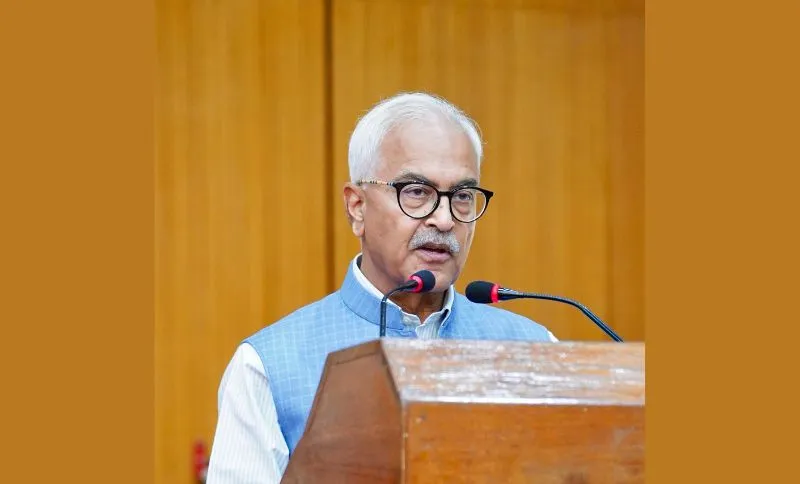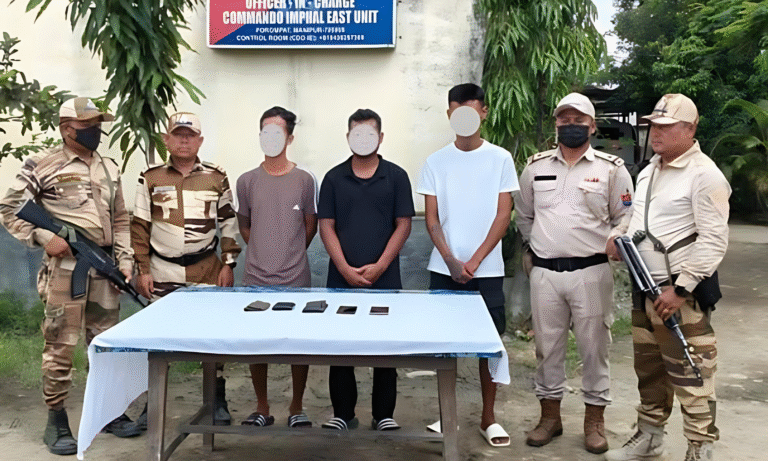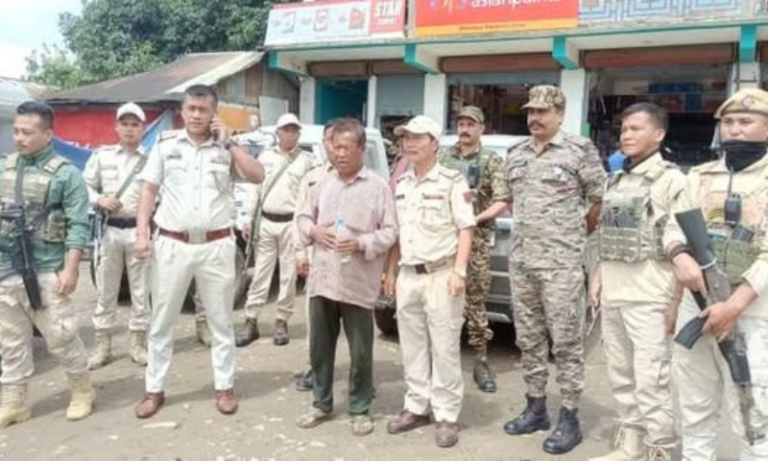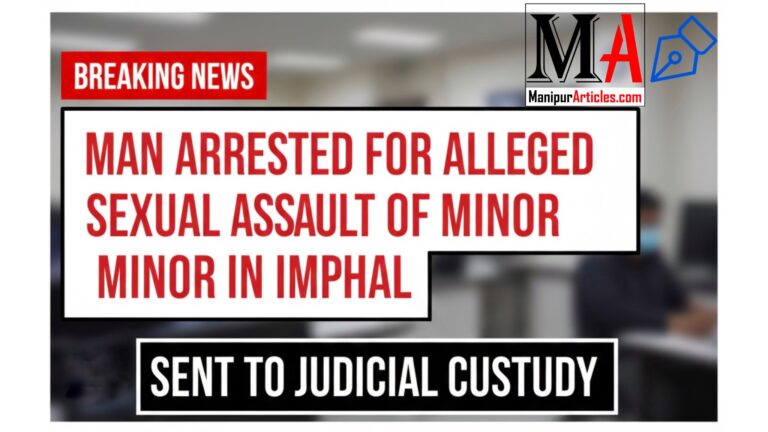Manipur seeks Rs 1,000 cr central aid amid economic crisis under President’s Rule
Governor Ajay Kumar Bhalla, three months into President’s Rule in Manipur, has requested ₹1,000 crore in special central assistance to pull the state out of a fiscal deep-dive following over two years of ethnic violence. The eruption in May 2023 severely disrupted revenue collection—slumping from ₹1,983 crore in FY 2022–23 to ₹1,554 crore in FY 2024–25—and left the state grappling with unpaid pensions (~₹600 crore), mounting security expenses, and stalled development. An initial tranche of ₹500 crore from the Special Assistance to States for Capital Investment (SASCI) scheme has been approved, with Governor Bhalla urging half of the remaining funds be released immediately. Other hurdles include ₹300 crore in pending reimbursements from the Centre and ₹629 crore in funding blocked due to delayed local elections.
Introduction
Have you been keeping tabs on Manipur lately? This northeastern state has been in headlines—and not for the good kind. When ethnic tensions erupted in May 2023, it triggered a domino effect: a slump in revenue, disruption of public services, and eventually President’s Rule. Fast-forward three months under direct central control, and Manipur is back knocking at the Centre’s door—asking for ₹1,000 crore in financial rescue. So, why does this matter? What’s the context behind this deepening fiscal crisis? And can the aid pull Manipur back from the brink? Let’s dive deep.
The Consequences of Years of Unrest
a) Economic Collapse
- Revenue nosedived from ₹1,983 crore in FY 2022–23 to ₹1,554 crore in FY 2023–24—and barely budged afterward. That’s signs of a stagnated economy
- Tax inaction, businesses shutting down, and restricted movement left the government cash-strapped.
b) Mounting Liabilities
- Pensions owed? A toasty ₹600 crore.
- Security and relief efforts have drained state coffers.
- Centre reimbursements lagging behind (~₹300 crore).
- A blocked ₹629 crore—grants for local governance held up due to stalled elections
3. What’s Governor Bhalla Requesting?
On May 2025, Governor Bhalla urged Union Finance Minister Nirmala Sitharaman to approve ₹1,000 crore in special aid, earmarked for:
- Pension clearance.
- Security/relief funding.
- Meeting state’s commitments in Centrally Sponsored Schemes.
- Capital investment—especially in rural and hill districts.
- Restarting development projects and operational stability
Out of this, ₹500 crore is sought as an immediate release to address pressing liabilities. The first tranche was approved under SASCI 2025–26, showing progress—but there’s a long way to go
4. What Aid Has Arrived So Far?
- The Union Finance Ministry approved ₹500 crore, disbursed in tranches under SASCI.
- These funds went into infrastructure and development.
- Manipur reportedly utilized the entire amount—but it barely scratched the surface
5. Broader Implications for Governance
a) Local Democracy on Hold
Elections for Urban Local Bodies, Autonomous District Councils and Panchayats have been stuck since 2020–22. That blocked ₹629 crore from the 15th Finance Commission, hampering grassroots governance
b) Human Costs
Tens of thousands of displaced people remain dependent on relief. Pensioners go unpaid. Salaries and essential services hang in limbo.
c) Security Concerns
Ethnic tensions still simmer. Security forces and relief operations are still gobbling state resources—and likely to continue till peace is restored.
6. How Similar Cases Played Out Elsewhere
Manipur isn’t alone. States like Jammu & Kashmir and the North-East have received SASCI grants for capital investment during emergencies. But often, aid comes with strings—like requiring state-level matching funds or tying validity to political resolution (e.g., fresh elections).
7. Will ₹1,000 Crore Be Enough?
Let’s break it down:
- ₹600 crore: pension backlog.
- ₹300 crore: pending Centre reimbursements.
- ₹629 crore: blocked local governance funds.
That’s over ₹1,500 crore, without touching security costs or development lag. So, is ₹1,000 crore a lifesaver—or just a first-aid kit?
8. What’s Needed Beyond Funds
- Local Elections: Vital to unlock ₹629 crore and return democratic process to grassroots.
- Economic Revival: Stimulus for businesses, tax support, incentives in worst-hit districts.
- Peacebuilding: Dialogue among Meitei, Kuki-Zo, hill districts; possibly managed under President’s Rule
- Security Calibration: Smarter budgeting for sustainable, community-based policing.
9. The Role of President’s Rule
It can be constructive if used:
- To shield fragile negotiations.
- To streamline central funds without local political interference.
- But it must have an exit path—chiefly through fresh elections and restoration of accountable governance
10. Could This Set a Precedent?
Northeast states could see a blueprint: government failure due to unrest → financial collapse → President’s Rule → central bailout. If so, the Centre might standardize such interventions—but this also rings alarm bells for states facing chronic instability.
Conclusion
Manipur’s economic downslide is more than numbers—it’s about livelihoods, governance, and the texture of democracy. The ₹1,000 crore aid request is essential, but not a silver bullet. Progress hinges on reviving local elections, restoring revenue, rebuilding trust between communities, and eventually ending President’s Rule with a stronger democratic mandate. Can the Centre+Governor strike that balance? Time will tell.
FAQs
- Why ₹1,000 crore and not more?
That amount aligns with Governor Bhalla’s estimation of liabilities—₹600 crore pension backlog, ₹300 crore pending reimbursements—and covers some development needs. - What is SASCI?
It’s a central scheme—Special Assistance to States for Capital Investment—aimed at economies hit by crisis. Manipur’s ₹500 crore tranche comes under SACSI 2025–26. - Why local body elections matter?
Without elections, Manipur cannot claim ₹629 crore from the 15th Finance Commission for urban, rural, and district councils. - Is President’s Rule a permanent fix?
No. It’s a temporary measure to restore constitutional order, peace, and administration. It must end with fresh elections and local governance. - What if the funds aren’t released?
The state could spiral—unpaid pensions, staircased security costs, stalled schemes, and rising discontent. Financial and social instability may deepen.




